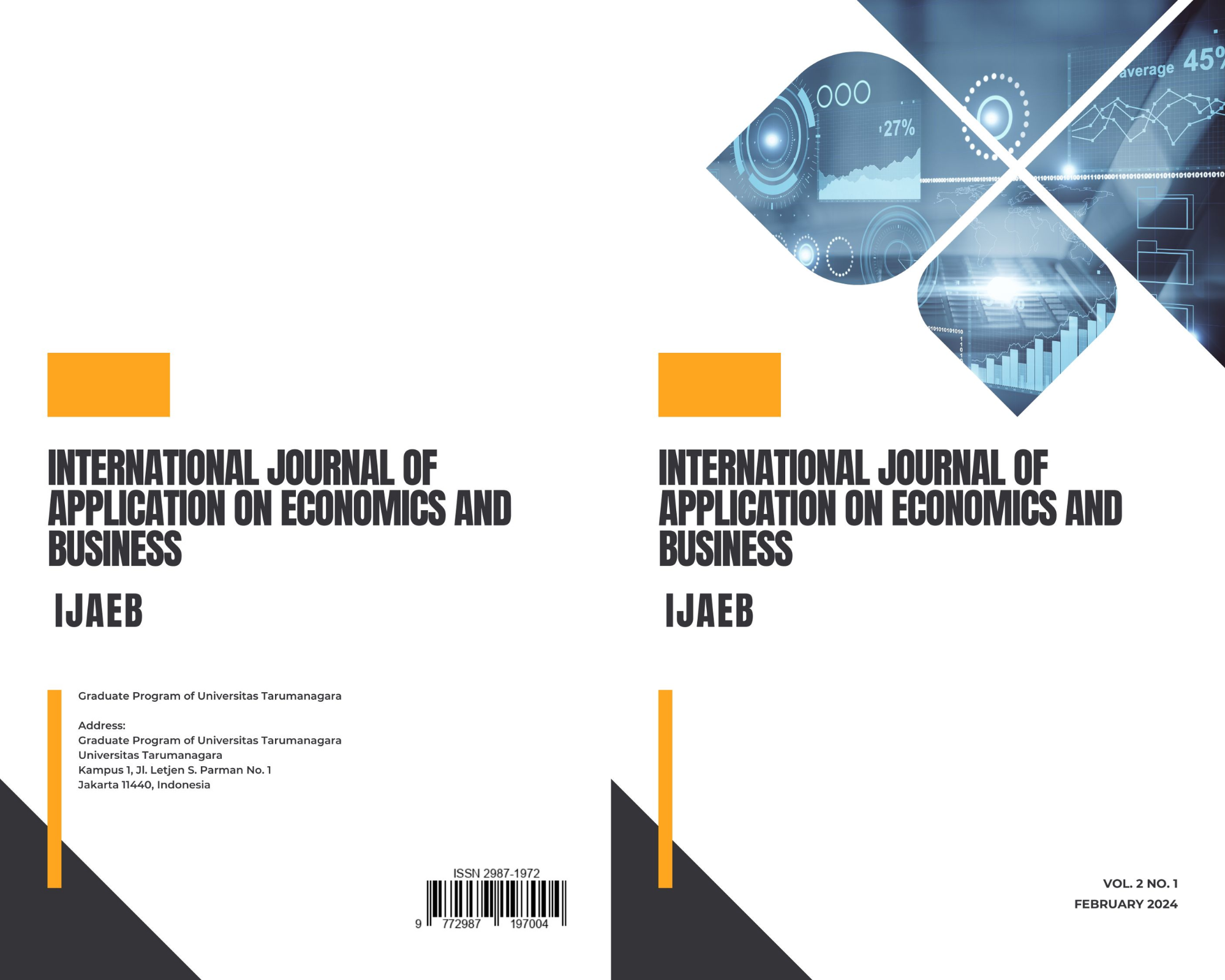DISCUSSION ON ECOLOGICAL AQUACULTURE AND INNOVATIVE OPERATION STRATEGY
Main Article Content
Abstract
This study aims to improve the problems faced by Taiwan's aquaculture industry, such as the increased risk of drug residues caused by excessive use of water and soil resources and high-density farming, and to improve its competitiveness. Improve regional production and marketing operations, increase environmental protection production methods, and increase young people's willingness to return to their hometowns to invest. In order to increase consumers' trust in aquaculture aquatic products, basic safety requirements can be achieved through production and sales history labels, vacuum-sealed packaging, and clear labels, thereby enhancing consumer loyalty. Brand features and product discounts can also enhance loyalty. This study uses the focus group interview method to understand the problems of regional farming and the expected future prospects. Results found that it is possible to integrate regional farmers, establish sales channels for agricultural and fishery products in Chiayi, achieve sustainable development and improve competitiveness, and increase the willingness of young people to return to their hometowns to invest. To sum up, there are the following three propositions: (1) Construct cooperation channels to increase the added value of production and sales. (2) Introduce friendly breeding and increase product differentiation. (3) Establish an intelligent platform to train young people to return hometown. In addition, it is also suggested to combine the promotion of local recreational fishery and the characteristics of e-commerce distribution and sales to establish an operation model of online distribution and sales; and widely publicize Taiwan's seafood and aquatic product certification and inspection system to promote friendly farming methods to improve the existing breeding environment. Protect the sustainable environment and increase production value.
Article Details
Section

This work is licensed under a Creative Commons Attribution-NonCommercial-ShareAlike 4.0 International License.
This journal provides immediate open access to its content on the principle that making research freely available to the public supports a greater global exchange of knowledge.
IJAEB by Graduate Program of Universitas Tarumanagara is licensed under a Creative Commons Attribution-NonCommercial-ShareAlike 4.0 International License.. Permissions beyond the scope of this license may be available at https://journal.untar.ac.id/index.php/ijaeb
References
Hong, J.-M. (2019). Taiwan's ecological breeding diversity, actuarial environmental load - cross-industry combined with community management has driven the diversification of the local economy. Harvest Magazine, 69(1), 50-61. (in Chinese)
Chen, Y.-S. (2014). Develop environmentally ecological organic aquaculture. Hai Dayu Tui, 43, 1-21. (in Chinese)
Wang, Y.-K., Ye. X.-L., & Qiu, Y.-Z. (2013). Ecological aquaculture. Nature Conservation Quarterly, 82, 12-20. (in Chinese)
Myers, R. A., & Worm, B. (2003). Rapid worldwide depletion of predatory fish communities. Nature, 423(6937), 280-283.
Worm, B., Barbier, E. B., Beaumont, N., Duffy, J. E., Folke, C., Halpern, B. S., ... & Watson, R. (2006). Impacts of biodiversity loss on ocean ecosystem services. Science, 314(5800), 787-790.
Weng L.-M., Lu, T.-T., & Yang, T.-H. (2015). A study on the willingness to use paid value-added services of digital cable TV. Journal of Business Administration, 105, 59-77. (in Chinese)
Kvale, S., & Brinkmann, S. (2009). Interviews: Learning the craft of qualitative research interviewing. (2nd ed.). Thousand Oaks, CA: Sage.
Lindlof, T. R., & Taylor, B. C. (2002). Qualitative communication research methods (2nd ed.). Newbury Park, CA: Sage.
Morgan, D. L. (1996). Focus groups as qualitative research (2nd ed.). Newbury Park, CA: Sage.
Niu, W.-Y. (2017). Educational Research Methods and Paper Writing, Taipei City: Shuangye Book Gallery.
Stewart, D. W., & Shamdasani, P. N. (2014). Focus groups: Theory and practice (vol. 20). Sage publications.

